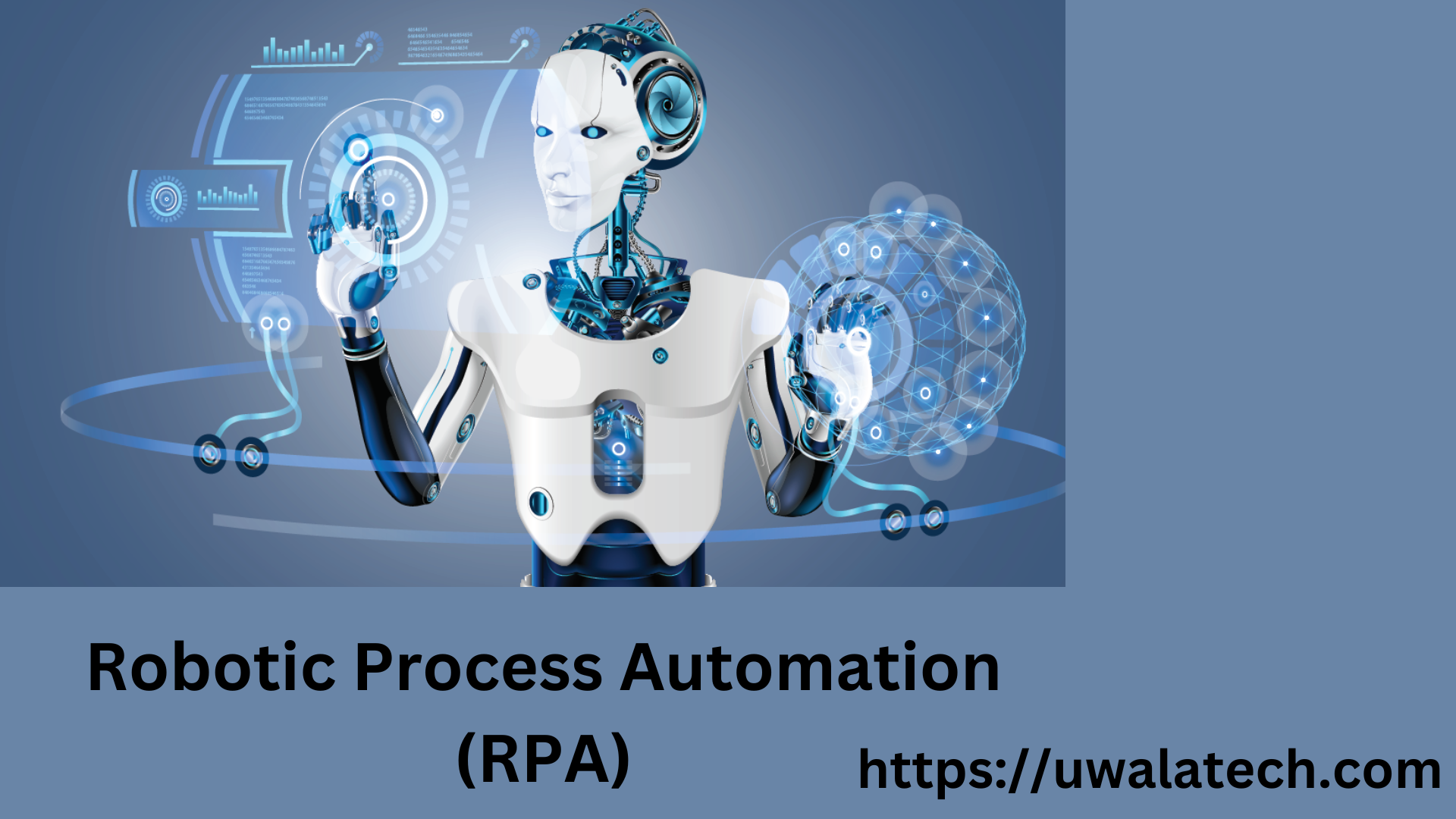Robotic Process Automation (RPA)
If you were looking for the Robotic process automation (RPA) then your search ends here. RPA is a rapidly growing technology that has transformed the way businesses operate. RPA is a software solution that automates repetitive and mundane tasks, freeing up human employees to focus on more complex and value-adding activities. In this article, we will explore the benefits of RPA and why it is an essential tool for any organization looking to improve their efficiency and productivity.
What is Robotic Process Automation (RPA)?
RPA is an emerging technology that uses software bots to automate repetitive, time-consuming tasks. These bots can interact with existing software applications and systems to perform tasks such as data entry, invoice processing, and customer service inquiries. RPA can be used to automate any rule-based task, allowing human employees to focus on tasks that require creativity, problem-solving, and critical thinking.
Benefits of RPA
- Increased Efficiency: RPA enables businesses to automate repetitive tasks, reducing the time and effort required to complete them. This results in increased productivity and faster turnaround times.
- Improved Accuracy: RPA bots are programmed to perform tasks with high accuracy and consistency, reducing the risk of errors and improving data quality.
- Cost Savings: By automating repetitive tasks, organizations can reduce the need for manual labor, resulting in cost savings and increased profitability.
- Scalability: RPA can be easily scaled up or down to meet changing business needs. This makes it an ideal solution for businesses that experience seasonal fluctuations in demand.
- Enhanced Customer Experience: RPA can be used to automate customer service inquiries, providing customers with faster response times and improving overall satisfaction.
How RPA Works
RPA works by using software bots to mimic human actions within existing software systems. These bots can interact with applications and systems to perform tasks such as data entry, data extraction, and data processing. RPA can be programmed to perform tasks based on specific rules, allowing businesses to automate any task that follows a set of rules.
RPA bots can be deployed in a variety of ways, including desktop automation, server-based automation, and cloud-based automation. Desktop automation involves deploying bots on individual desktops, while server-based automation involves deploying bots on servers. Cloud-based automation involves deploying bots on a cloud-based platform, allowing for greater scalability and flexibility.
Examples:
Robotic Process Automation (RPA) is an emerging technology that has been adopted by numerous industries to streamline their business processes. Here are some examples of RPA in action, along with the tools used to implement them:
- Healthcare Industry: In the healthcare industry, RPA is being used to automate tasks such as patient registration, insurance verification, and medical record processing. Tools such as Automation Anywhere and UiPath are being used to implement RPA solutions in healthcare organizations.
- Banking and Finance Industry: In the banking and finance industry, RPA is being used to automate tasks such as data entry, account reconciliation, and compliance monitoring. Tools such as Blue Prism and WorkFusion are being used to implement RPA solutions in financial institutions.
- Retail Industry: In the retail industry, RPA is being used to automate tasks such as inventory management, order processing, and customer service inquiries. Tools such as Kofax and Pega are being used to implement RPA solutions in retail organizations.
- Manufacturing Industry: In the manufacturing industry, RPA is being used to automate tasks such as supply chain management, inventory tracking, and quality control. Tools such as AutomationEdge and NICE are being used to implement RPA solutions in manufacturing companies.
- Human Resources Industry: In the human resources industry, RPA is being used to automate tasks such as employee onboarding, payroll processing, and benefits administration. Tools such as Softomotive and WinAutomation are being used to implement RPA solutions in HR departments.
FAQ for Robotic Process Automation (RPA)
Q: What is Robotic Process Automation (RPA)?
A: Robotic Process Automation (RPA) is a software technology that automates repetitive and rule-based tasks, freeing up human employees to focus on more complex and value-adding activities.
Q: What are some examples of tasks that can be automated with RPA?
A: RPA can be used to automate tasks such as data entry, invoice processing, customer service inquiries, supply chain management, and payroll processing, among others.
Q: How does RPA work?
A: RPA uses software bots to mimic human actions within existing software systems. These bots can interact with applications and systems to perform tasks based on specific rules.
Q: What are the benefits of using RPA?
A: RPA can increase efficiency, accuracy, and productivity while reducing costs and freeing up human employees to focus on higher value tasks. It can also provide scalability and enhance the customer experience.
Q: What industries are using RPA?
A: RPA is being adopted by industries such as healthcare, banking and finance, retail, manufacturing, and human resources, among others.
Q: What are some popular RPA tools?
A: Popular RPA tools include UiPath, Automation Anywhere, Blue Prism, WorkFusion, Kofax, Pega, AutomationEdge, Softomotive, and WinAutomation, among others.
Q: Is RPA difficult to implement?
A: RPA implementation can be complex, but it can also be relatively straightforward depending on the complexity of the tasks being automated and the tools being used. It is important to have a thorough understanding of the business processes being automated and to choose the right tool for the job.
Q: Can RPA be used alongside other automation technologies?
A: Yes, RPA can be used alongside other automation technologies such as artificial intelligence (AI) and machine learning (ML) to create more advanced automation solutions.
Conclusion
Robotic Process Automation is a technology that has the potential to revolutionize the way businesses operate. By automating repetitive tasks, organizations can improve efficiency, accuracy, and productivity, resulting in cost savings and increased profitability. With the ability to scale up or down to meet changing business needs, RPA is an essential tool for any organization looking to improve their operational efficiency and enhance the customer experience.
for more about knowledge : (1) Mobile Edge computing
